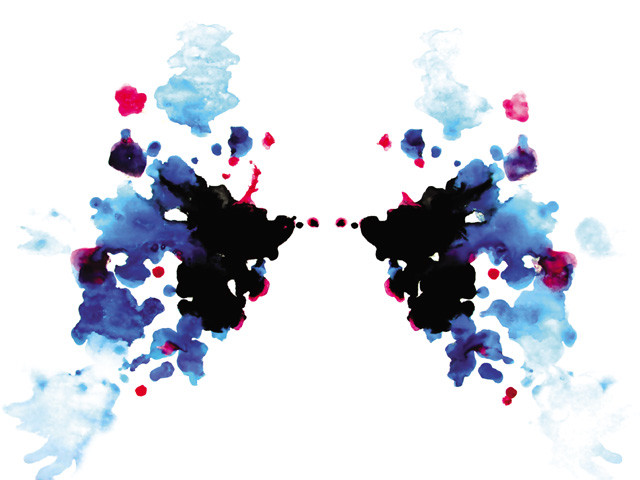The reality of mental-health patients
Mental disorders such as schizophrenia, bipolar disorder and obsessive-compulsive disorder common among women.

The first person I met was the director of the institute, Nusrat Habib Rana. I asked her about the number of patients in the building and their activities. She replied that she preferred to address those who were admitted here as members and not ‘patients’. I felt embarrassed and was pleasantly surprised at her sensitivity.
Dr Abia, a clinical psychologist, told me that most women at the centre suffered from severe depression. The most common problems were schizophrenia, bipolar disorders and obsessive-compulsive disorders. These ailments were triggered mainly by disturbing incidents such as a bitter divorce, loss of a child, or an unpleasant marriage. Dr Abia pointed out that no matter how much comfort and support the women get at the centre, when their families disown them or disappear for years, it inevitably slows their recovery.
She told me about a member, Farida, who suffered from schizophrenia. Farida had been in the asylum for 17 years and it took the centre two and a half years just to locate her family, as they had moved to Canada and left behind a fake address and telephone number. I was then told about a woman who woke up one morning, killed her 13-year-old daughter with a knife, cleaned the house, woke her husband up and told him what she had done. At the asylum she would often recall this incident and burst into tears.
When I expressed an interest in talking to some of the members, Dr Abia told me not to question them too closely on their illness, or on sensitive issues like whether their families visit. I, therefore, focused my inquiries on how the members of the mental institute spent their time.
I got a chance to talk to Afshan Gulnaz. A former Lahore High Court advocate, Afshan suffers from bipolar disorder. She rightly pointed out that people think everyone in a mental asylum is unkempt and disheveled. She was dressed nicely in a mint green outfit with tidy hair and a few accessories. Afshan told me that they get up early in the morning, pray, exercise, come to the rehab centre for different activities such as making jewelry, learning how to do embroidery and paint etc. Later, she gifted me a friendship band that she had made herself. She lamented that “when we tell people we are from PIMH they label us as mad.”
At the rehab centre, women are trained in different skills so they can be economically independent once they leave. For these women this training is a bridge between the centre and the real world.
Most of the women at the centre, according to Nusrat Habib Rana, are from villages and their families take them to shrines, expecting pirs to solve their problems. The pirs most often suggest marriage as a solution. This is why a lot of women who come here have been divorced twice or more. People do not accept that they have psychological problems which can be treated and firmly believe that they are victims of black magic.
Societal norms, cultural practices, age old traditions, and expectations from women in our society all play a vital role in women’s mental health. At one time, mental asylums were merely a dumping place for many families who did not want to be associated with their blood relations because of the stigma associated with their illness. Families would bring them, never to return. The authorities at the PIMH work to revive the lives of the women brought here. However, acknowledgement and support of families and the society is essential in helping people with disorders improve over time and lead a whole new life.
Published in The Express Tribune, October 24th, 2010.



















COMMENTS
Comments are moderated and generally will be posted if they are on-topic and not abusive.
For more information, please see our Comments FAQ